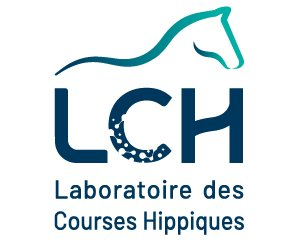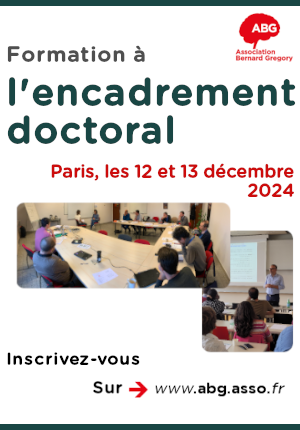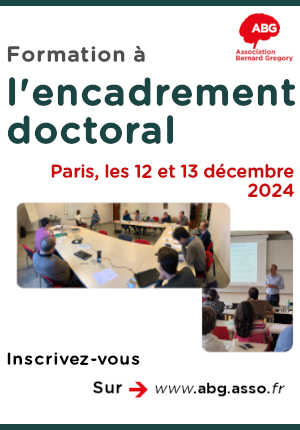Characterizing the function of proteins associated with ciliopathies
| ABG-125226 | Thesis topic | |
| 2024-07-22 | Public funding alone (i.e. government, region, European, international organization research grant) |
- Biology
Topic description
Eukaryotic cilia and flagella are highly conserved microtubule-based organelles that play
important roles in cell/fluid motility and cell signaling. In humans, an increasing number of inherited disorders are
associated with defects in cilia assembly or function and are now classified as ciliopathies. Their surprising characteristic
is the manifestation of a wide range of symptoms, from chronic respiratory infections to cystic kidneys, obesity, diabetes,
retinal degeneration or mental retardation. The range of organs affected in ciliopathies is still expanding and new
syndromes are likely to emerge as ciliopathies in the future.
We are using Drosophila to understand how candidate genes affect cilia formation and stability. Drosophila is a powerful
model system as it contains only a few types of ciliated cells that recapitulate the different types of cilia found in humans.
This model allows efficient functional analysis using genetic approaches and is amenable to biochemical studies.
The PhD project aims to understand the precise function of two proteins whose mutations in humans are associated
with retinal ciliopathy. In this project, the PhD candidate will combine the power of functional genetic approaches in
Drosophila (RNAi and/or CrispR-Cas9 genome editing) with cutting-edge imaging strategies (Expansion microscopy
coupled with spinning-confocal and STED microscopies) and biochemical strategies to determine the contribution of
each protein to cilia assembly and maintenance.
This PhD proposal is part of a collaborative project with the NCBS in Bangalore (India) and involves
two reciprocal meetings in India (Bangalore) and France (Lyon) for the PhD students involved in each country.
Starting date
Funding category
Funding further details
Presentation of host institution and host laboratory
Host institute: Mechanisms of integrative Life Sciences (MeLiS)
Université Claude Bernard Lyon 1 (UCBL), Lyon, France
Team : Cilia assembly and Development, Prof. Bénédicte Durand
PhD title
Country where you obtained your PhD
Institution awarding doctoral degree
Graduate school
Candidate's profile
-Candidates should hold a Master's degree in Biological Sciences with qualifications in Genetics, Cell Biology and
Developmental Biology.
-Knowledge of imaging approaches is an advantage. Experience with model organisms will be considered
positively, but experience with the Drosophila model is not required.
-An interest in basic cell and developmental biology is important.
-Proficiency in English (International collaborative program)
-A strong interest in challenging experimental work is desirable.
-Good interpersonal, communication, organizational and presentation skills
Vous avez déjà un compte ?
Nouvel utilisateur ?
Get ABG’s monthly newsletters including news, job offers, grants & fellowships and a selection of relevant events…
Discover our members
 CESI
CESI  Ifremer
Ifremer  SUEZ
SUEZ  MabDesign
MabDesign  PhDOOC
PhDOOC  ANRT
ANRT  Groupe AFNOR - Association française de normalisation
Groupe AFNOR - Association française de normalisation  Laboratoire National de Métrologie et d'Essais - LNE
Laboratoire National de Métrologie et d'Essais - LNE  Généthon
Généthon  ADEME
ADEME  MabDesign
MabDesign  Institut de Radioprotection et de Sureté Nucléaire - IRSN - Siège
Institut de Radioprotection et de Sureté Nucléaire - IRSN - Siège  TotalEnergies
TotalEnergies  Nokia Bell Labs France
Nokia Bell Labs France  Aérocentre, Pôle d'excellence régional
Aérocentre, Pôle d'excellence régional  Institut Sup'biotech de Paris
Institut Sup'biotech de Paris  ONERA - The French Aerospace Lab
ONERA - The French Aerospace Lab  CASDEN
CASDEN  Tecknowmetrix
Tecknowmetrix
-
JobFixed-termRef. ABG125071KTH- Sweden
ERC-funded postdoc position on the detection of gas-phase organic radicals, KTH, Stockholm, Sweden
Chemistry - Physics - Engineering sciencesAny -
JobPermanentRef. ABG124941Corteria Pharmaceuticals- Ile-de-France - France

Jeune Docteur, Chercheur en Biologie Cellulaire & Moléculaire (H/F)
BiologyAny -
JobPermanentRef. ABG123642Laboratoire des Courses Hippiques (GIE LCH)- Ile-de-France - France

Chargé(e) de Recherche et Innovation (H/F) / Senior Scientist Research & Innovation (M/F)
Chemistry - BiochemistryConfirmed












